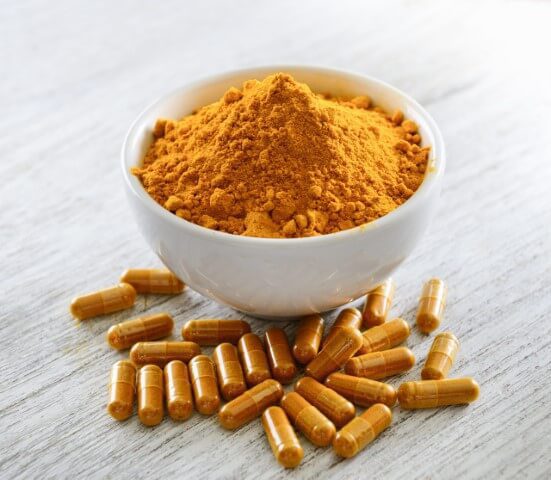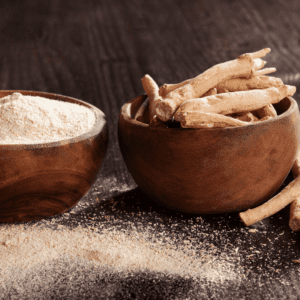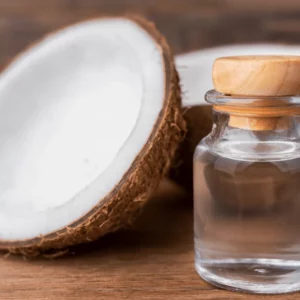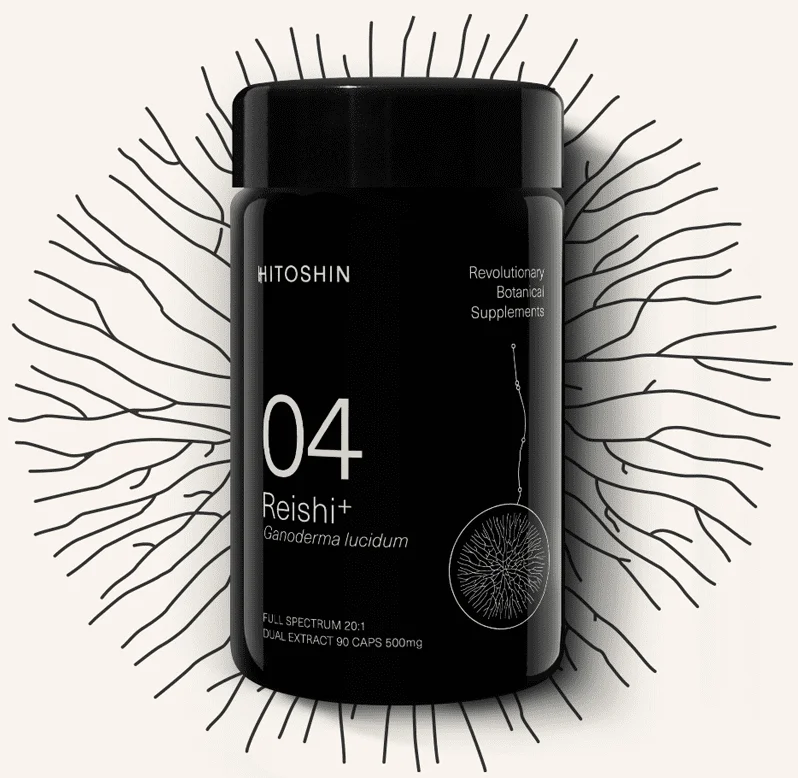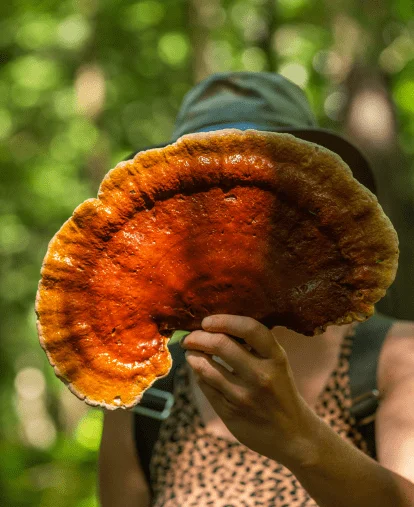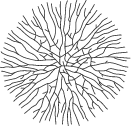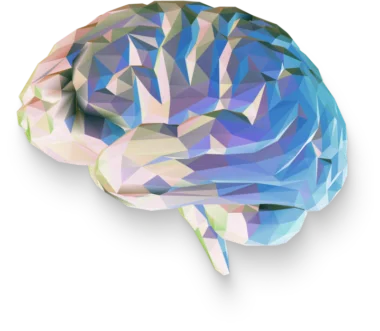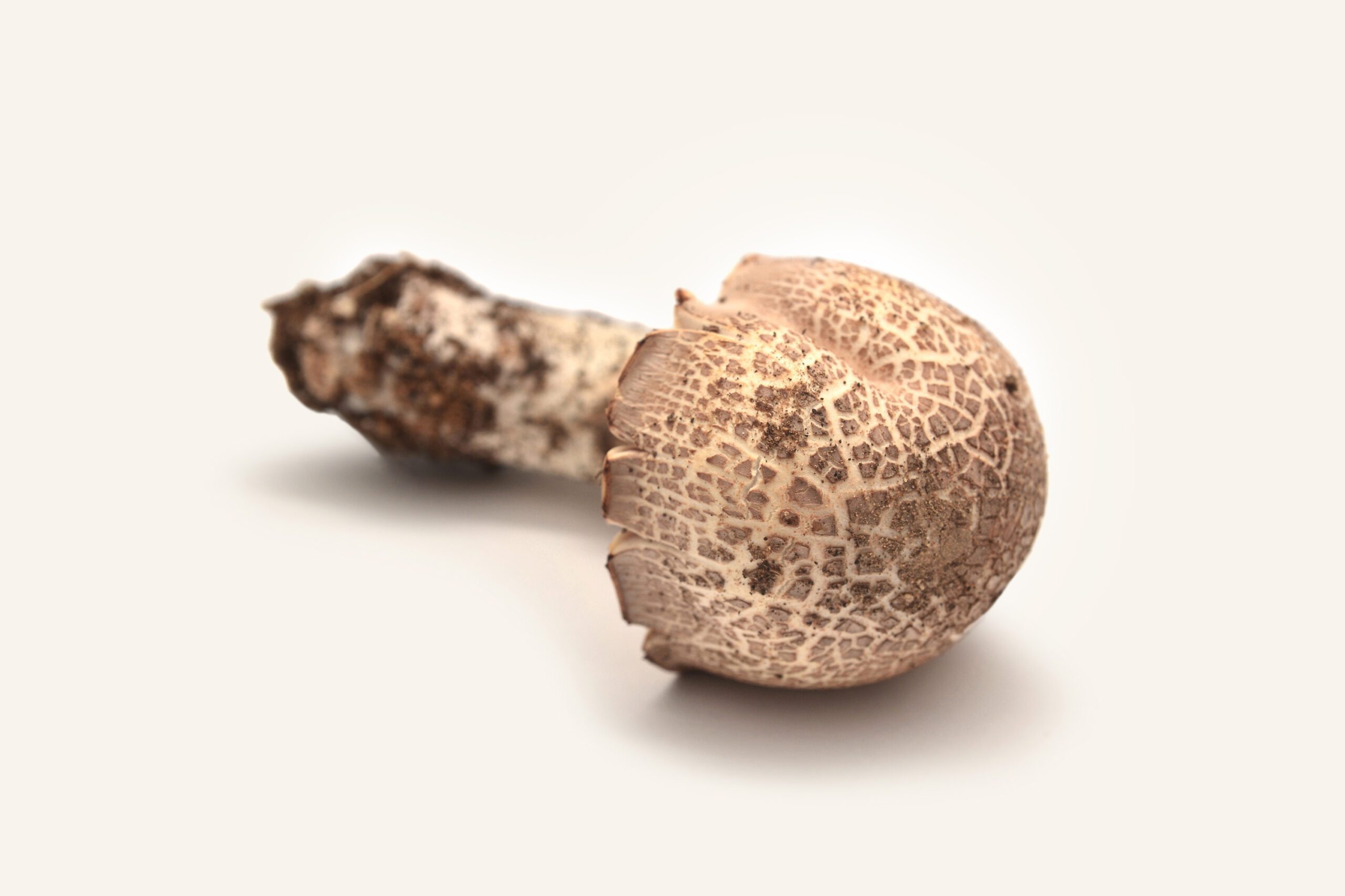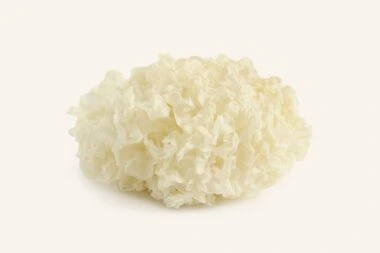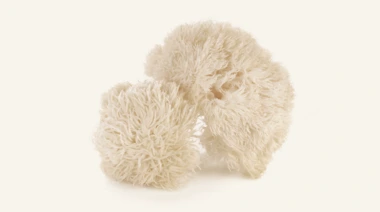Reishi Mushroom
What are the health benefits of Reishi mushroom?
Reishi mushroom has been used for its medicinal properties for centuries. However, it is important to note that scientific evidence on the effectiveness of Reishi mushroom is limited, and more research is needed to confirm its health benefits. That being said, some of the potential health benefits of Reishi mushroom include:
- – Reishi mushroom contains beta-glucans, which are complex sugars that can boost the immune system by activating immune cells such as macrophages and natural killer cells.
- – Reishi mushroom has a high concentration of triterpenes, which are natural compounds that have been shown to help the body manage inflammation
- – Reishi mushroom contains polysaccharides and triterpenes that have antioxidant properties. Antioxidants help protect the body against oxidative stress, which can damage cells and contribute to aging and disease.


